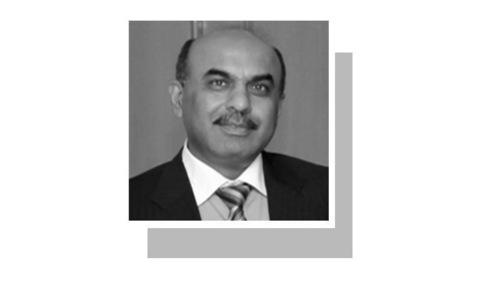MUMBAI: India’s central bank cut interest rates by 25 basis points Thursday and signalled more could come, in a surprise announcement to boost the flagging economy after inflation cooled.
In a move applauded by the government and economists, the Reserve Bank of India (RBI) cut the benchmark repo rate — the level at which it lends to commercial banks — to 7.75 per cent, the first reduction in 20 months.
RBI governor Raghuram Rajan said falling local food and global oil prices, which have brought stubborn inflation under control, were reasons for the cut, along with the government’s commitment to contain the fiscal deficit.
“These developments have provided headroom for a shift in the monetary policy stance,” Rajan said in a statement, adding that “subsequent policy actions will be consistent with this stance”.
The RBI has been under pressure from government and business leaders to reduce rates to increase lending and help kickstart the economy, which has been struggling through its worst slowdown since the 1980s.
After storming to power at elections in May, Prime Minister Narendra Modi promised to reform and revive Asia’s third-largest economy by attracting more foreign investors and bolstering manufacturing.
But Rajan’s priority has been to bring inflation under control, although the bank had signalled a cut would be on the cards at its February 3 meeting.
The cut is the first since May 2013.
Inflation, especially high food prices, has caused much hardship for India’s 1.2 billion population, of which nearly a quarter live in severe poverty, according to the World Bank.
Finance Minister Arun Jaitley said the cut was a “positive development” for the economy which would “certainly help in reviving the investment cycle that the government is seeking to restore”. Commerce Minister Nirmala Sitharaman described the move as “highly encouraging”, while crediting the government with bringing inflation under control.
The Bombay Stock Exchange’s benchmark Sensex surged in reaction to the cut, jumping 2.45pc in early afternoon trading.
Daniel Martin, senior Asian economist at Capital Economics, said he expected the RBI’s move would mark the start of a cycle of rate cuts.
“The economy could certainly use some support, with the industrial sector, in particular, clearly struggling to gain any momentum,” he added.
The economy grew 5.3pc year on year in July-September, significantly slower than the previous three months, and far too low to help create jobs for its tens of millions of young people.
Although consumer price inflation inched up to 5pc year-on-year in December, from a three-year low of 4.38pc in November, it remained well within the RBI’s “comfort zone” of 6pc.
The Wholesale Price Index, released on Wednesday, rose a marginal 0.11pc in December from a year earlier, compared with zero per cent in November — the lowest rate since July 2009.
D.K. Joshi, chief economist at ratings agency Crisil, said the cut was a “pleasant surprise” that had come earlier than most analysts expected, and signalled inflation was now “under control”.
Published in Dawn, January 16th, 2015
On a mobile phone? Get the Dawn Mobile App: Apple Store | Google Play














































